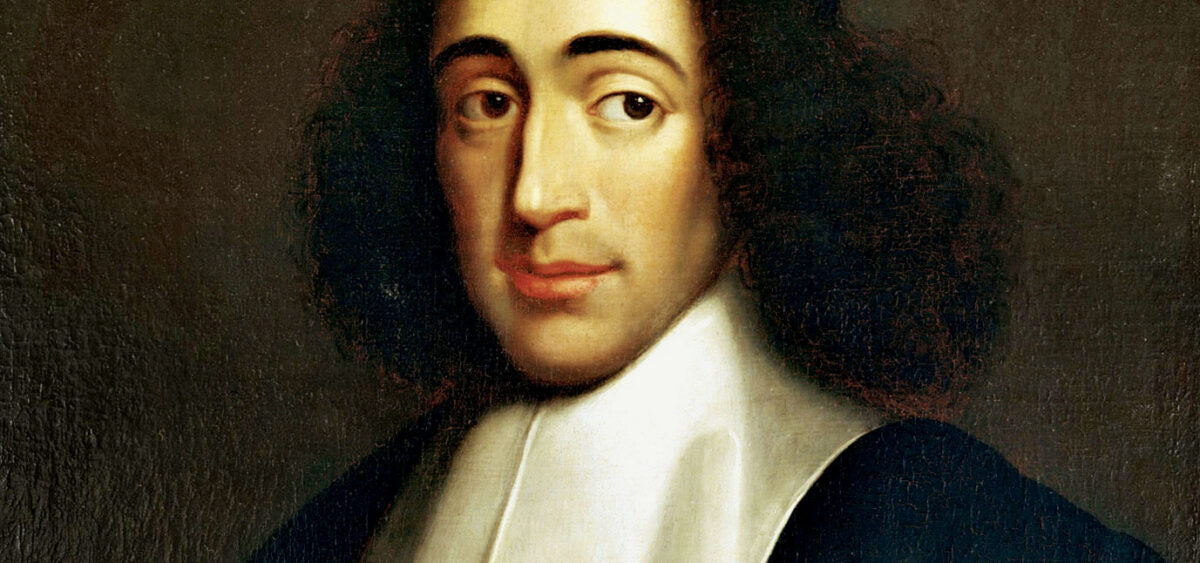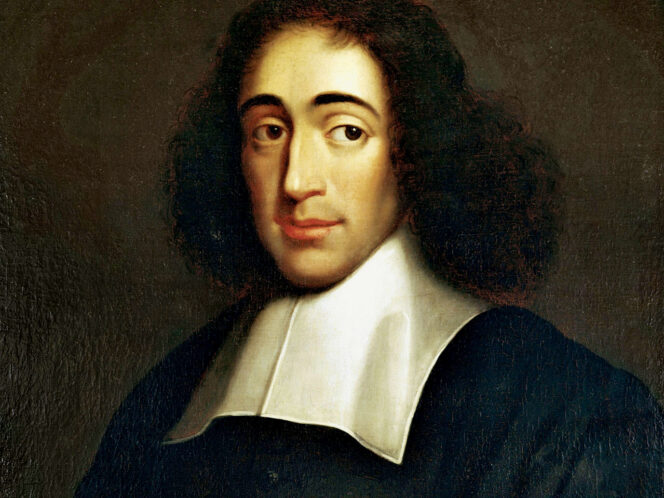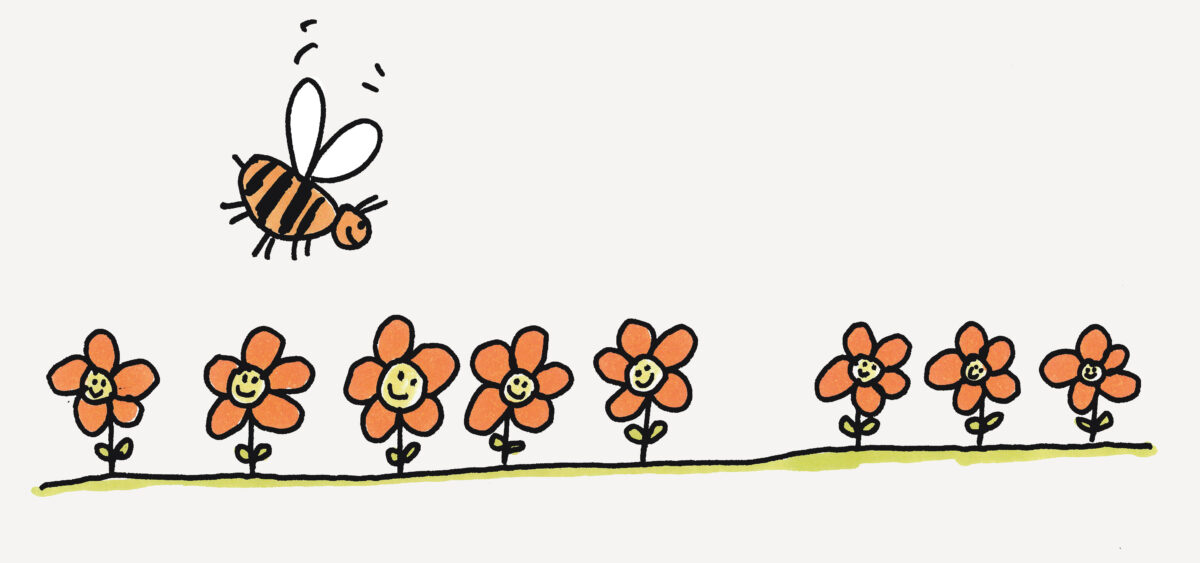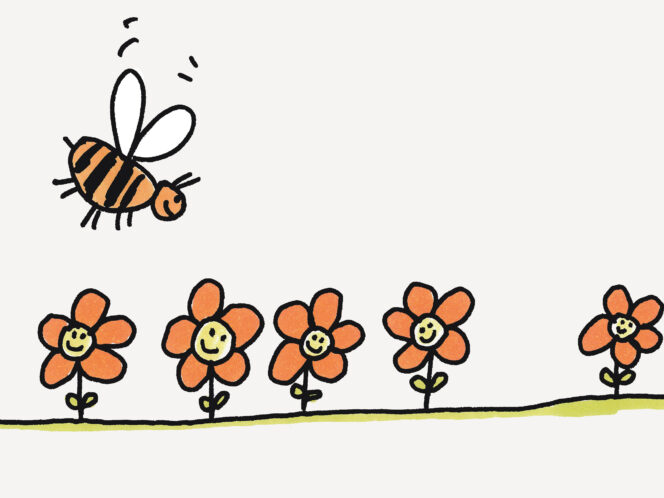
In his book Novacene (2019), James Lovelock writes: ‘We must abandon the politically and psychologically loaded idea that the Anthropocene is a great crime against nature … The Anthropocene is a consequence of life on Earth; … an expression of nature.’
This insight resonates with the 17th-century philosophy of Baruch Spinoza. Lovelock is the inventor of Gaia theory, the idea that the Earth is one living organism that regulates and strives to preserve itself. Lovelock’s ‘Gaia’ is an alternative name for what Spinoza in his Ethics calls ‘God, or nature’: the one individual who makes up the entire universe, ‘whose parts … vary in infinite ways, without any change of the whole Individual’. Lovelock follows Spinoza in believing that humans and our actions are expressions of nature, even when we appear to destroy nature. He follows Spinoza too in holding that we should rejoice in what the Anthropocene has made possible: massive increases of human activity and knowledge.
But how can we feel good about 400 years of decimating the natural environment and causing anthropogenic climate change? How can we get over our feelings of guilt, fear and despair about our impact on nature – and why should we try to do so?
For decades, Lovelock has warned of the global heating that will permanently alter human and nonhuman ways of life. His recent publications reveal an understanding, shared with Spinoza, that these natural transformations are profoundly amoral. Gaia strives to preserve itself, to preserve life as such: Gaia, God or nature doesn’t have any interest in preserving this or that species, or any particular configuration of the Earth. Lovelock also shares with Spinoza the understanding that human transformations of the Earth are part of nature, however much we might think of certain actions as harming or destroying nature. By seeking our own advantage and transforming our environment, human beings don’t destroy nature: we are nature, transforming itself. The effects of these activities are, from nature’s point of view, neither good nor bad.
For Spinoza, the moral value of human transformations of the Earth comes from their value for us as human beings. He defines ‘good’ as whatever we ‘certainly know to be useful to us’ and that we therefore strive for. On this definition, the actions we’ve taken in the Anthropocene period have been immensely good for human empowerment.
The Anthropocene is the geological








